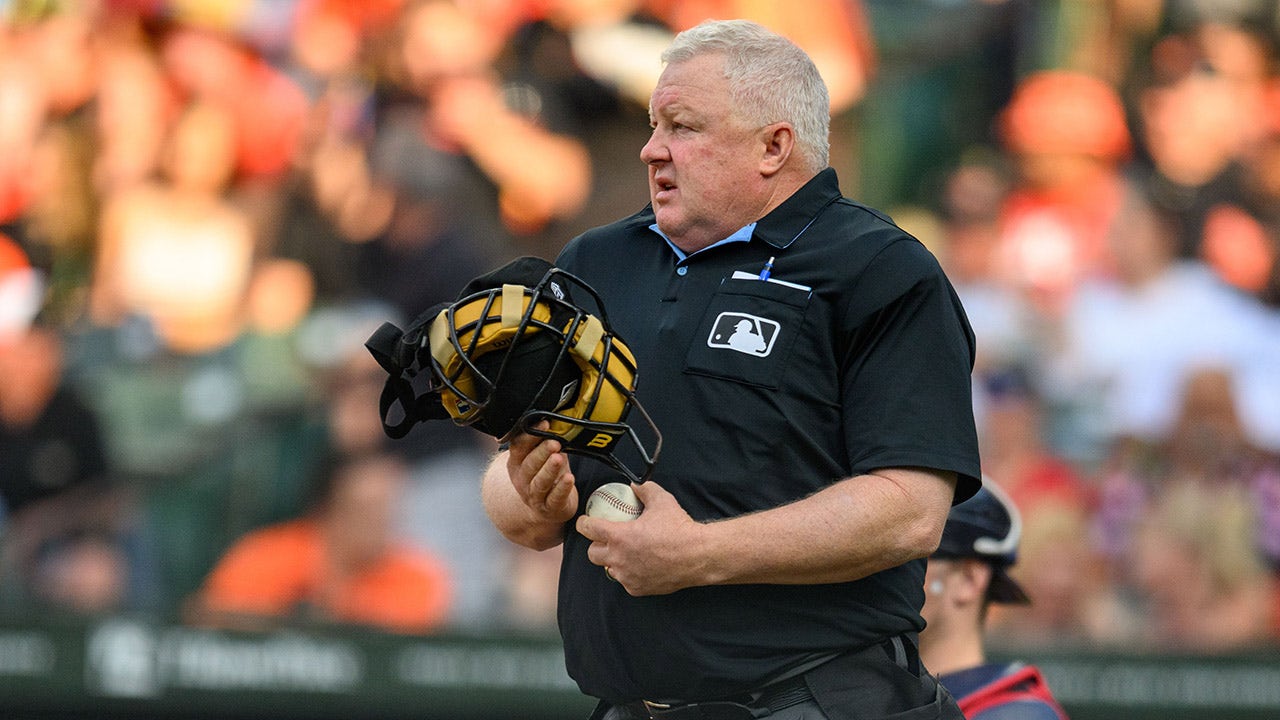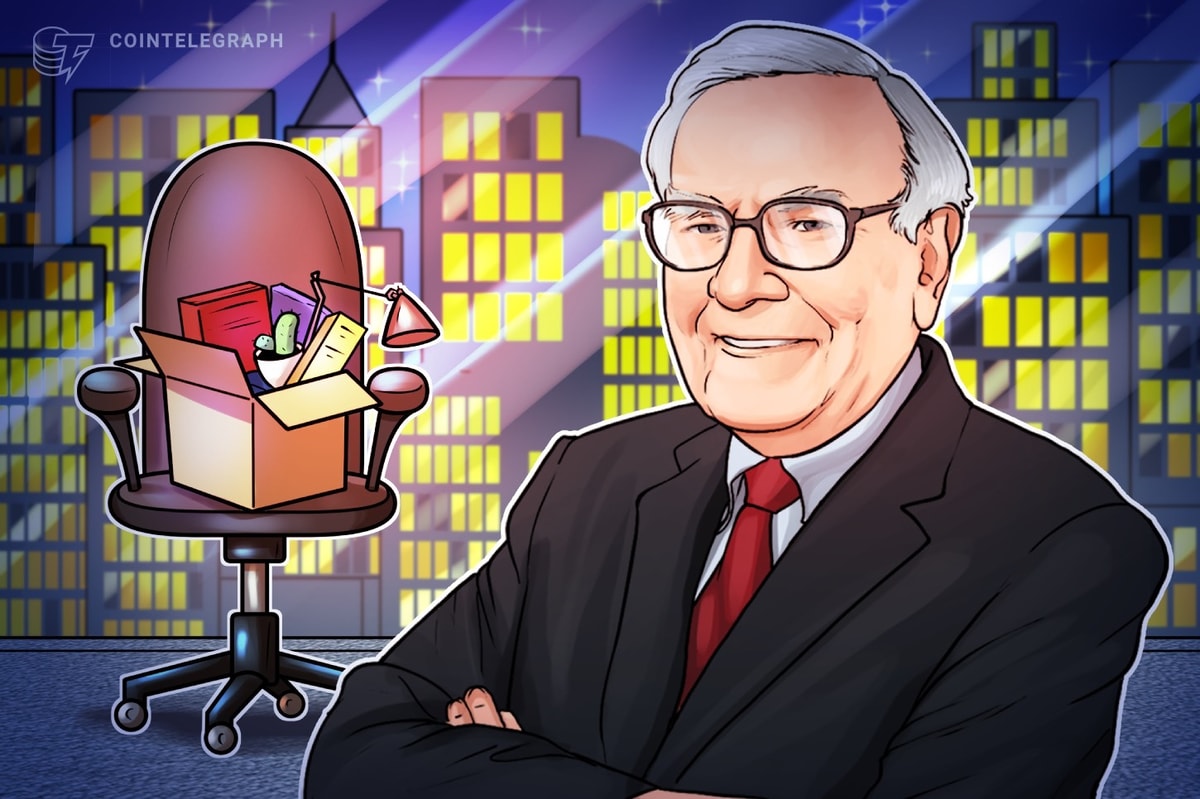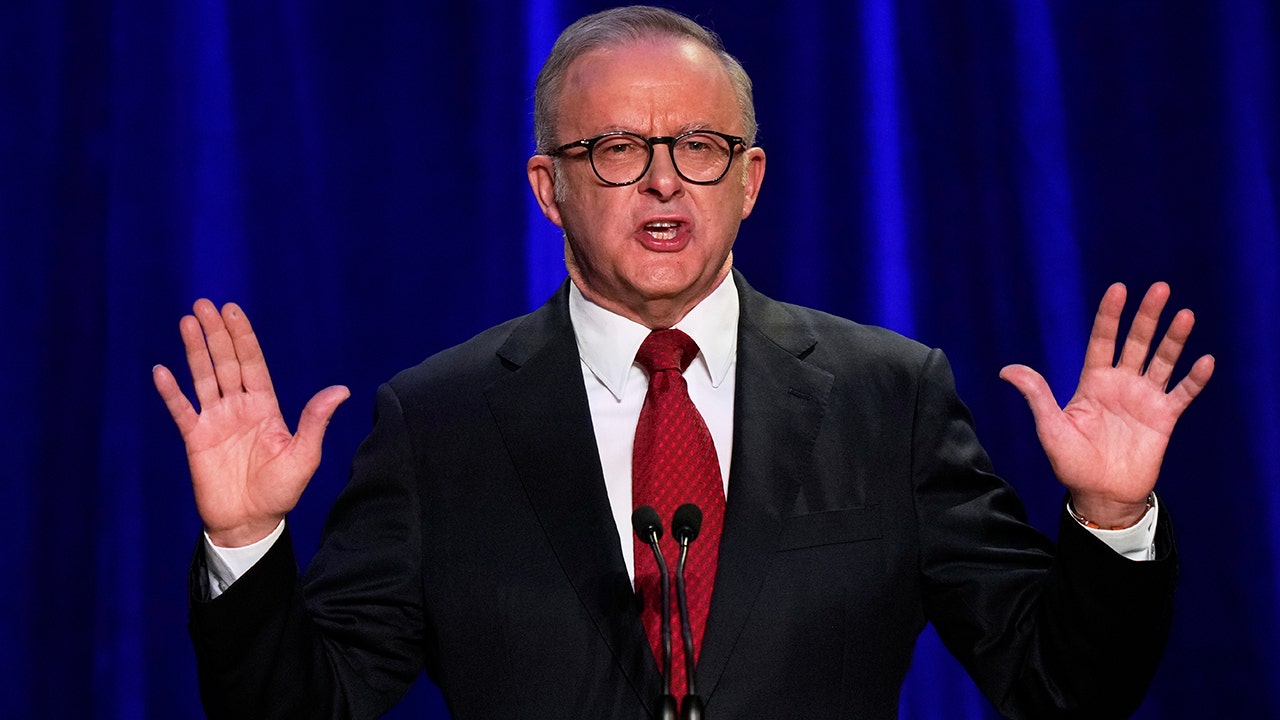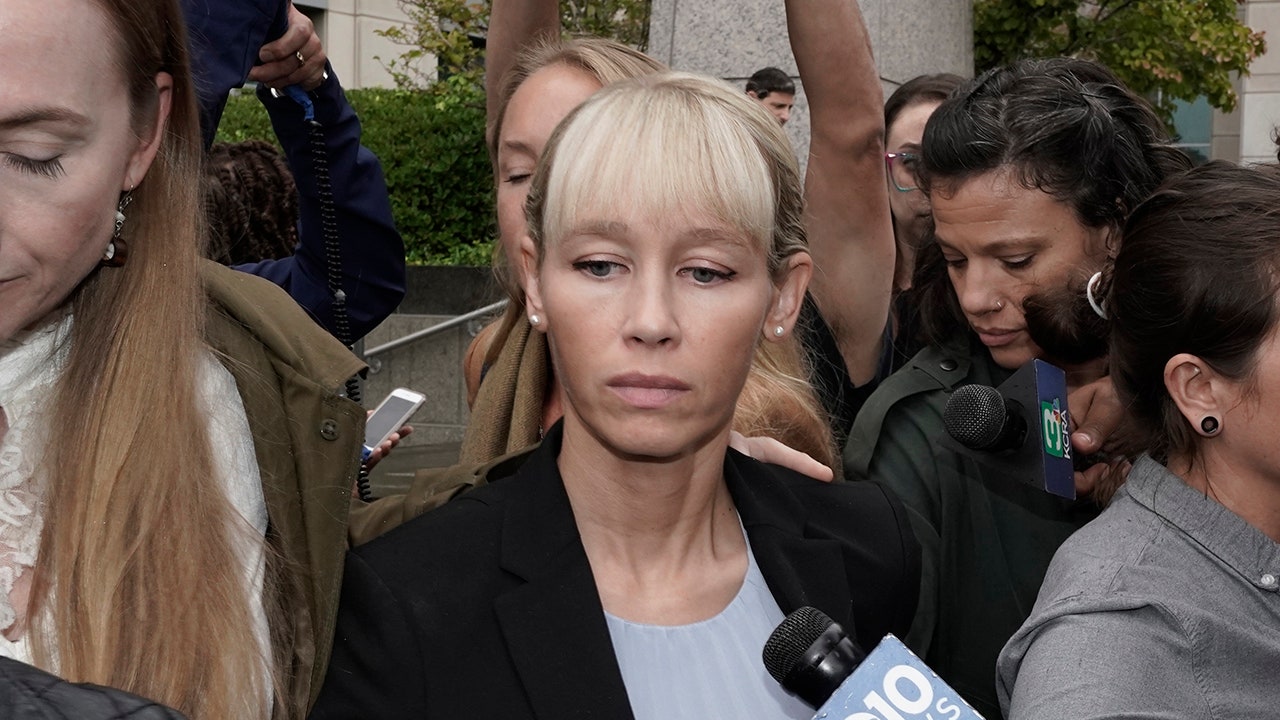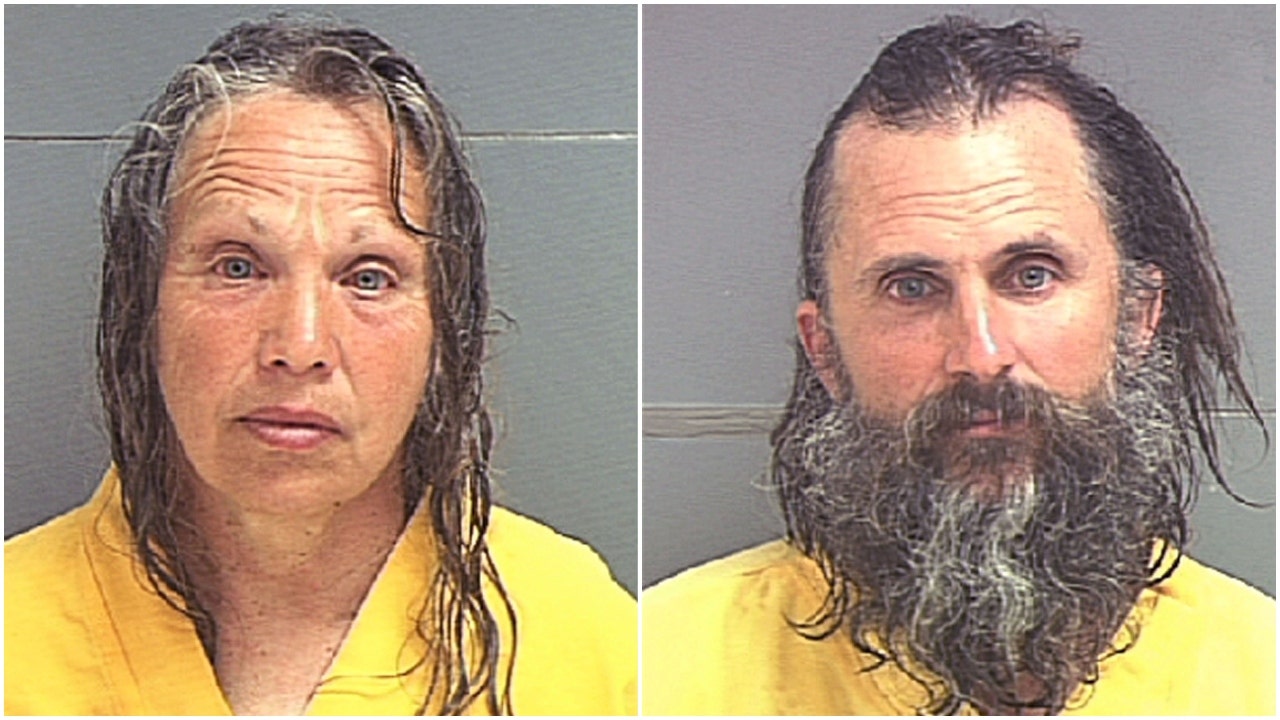Federal agencies and contractors have been mailing small amounts of cash to hundreds of thousands of Americans in recent years, according to an investigation by the Republican leader of the Senate’s DOGE caucus.
Now, Sen. Joni Ernst (R-Iowa) wants the Elon Musk-inspired Department of Government Efficiency to put an end to the giveaways — which are meant to entice Americans to open government mailings.
“While it is said that a penny saved is a dollar earned, a dollar bill mailed is a complete waste,” Ernst told The Post this week. “I look forward to DOGE and the Trump administration ending the madness, because money does not grow on trees.”
In one egregious example, Ernst said, a Food and Drug Administration contractor mailed out 145,000 $1 bills in order to boost participation in a so-called “Health and Media Study.”
“We knew taxpayers were getting nickel and dimed but blindly mailing $145,000 in cash is shocking even for Washington,” said Ernst, 54.
Recipients of the mailing were “welcome to keep the enclosed $1 in appreciation for their time,” but were not actually required to fill out the online survey.
Individuals who did answer the questions were “offered $25 to complete the online survey before April 30, 2025, and a bonus $5 ($30 total) if they do so on or before April 1, 2025,” according to a copy of the letter seen by The Post.
RTI International, a research institution out of California, organized the survey for the FDA.
Several other agencies engaged in similar initiatives.
In 2019, the Census Bureau sent out $5 bills to randomly selected individuals who were sent the National Survey of Children’s Health, with a $40 bonus for actually completing the questionnaire. The survey was sent by the Maternal and Child Health Bureau, is part of the Department of Health and Human Services’ Health Resources & Services Administration.
The Federal Reserve Board has similarly used cash prizes for its Survey of Consumer Finances and examined the effectiveness of that perk.
“Our evidence indicates that a single $15 pre-paid incentive increases response rates and maintains similar levels of interviewer burden and data quality, relative to a single $5 pre-paid incentive,” an April 2024 Fed study on that survey found.
In a Friday letter to Musk, Ernst reminded her billionaire recipient that the US Postal Service frequently admonishes Americans to “never send cash in the mail.”
“In no world is this the most efficient or professional way to do things,” she wrote. “There’s a reason most private sector surveys rely on digital incentives, avoiding the risk associated with the mail system, and delivering them upon completion.”
“Paying Americans for their time to participate in government surveys is one thing. But randomly
sending loose cash in the mail in hopes that recipients will participate in surveys is exactly the type of thing the American people want you to stop.”
The Post reached out to the FDA.
Read the full article here


